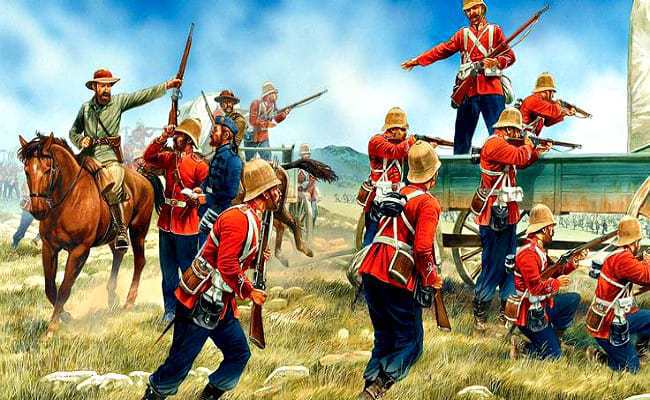The blood of soldiers has always written the history of victory. They fight, some die in the process and are buried and forgotten as the rulers take credit of their hard earned achievements. Save for exclusive ancient cases of the Achilles and Hector; no one remembers soldiers. Their names never find a place in the books of history.
Despite their high position before the world, the Victorian British troops were no exception. The Victorian establishment never treated them with respect in spite of the prestige accorded to notable acts of heroism. Important military leaders would be recognized, but the lives of ordinary soldiers took an entirely different path. They led an unglamorous and tedious life and were poorly rewarded.
Then, a few reformers took positions of influence and somewhat brought the dark hours to an end. Lord Howick, the Whig politician, is a leading figure in these reforms.
As Secretary of War (between 1835 and 1839) and Colonial Secretary (between 1846 and 1852), he battled the conservative, tight-fisted wings of government to help improve the lives of ordinary British soldiers.
An 1836 corporal punishment report and statistical investigations into mortality and sickness in the army played a central role in his reforms. Here, we look at seven of them.
7. Better Diets

The statistical investigation by one Alexander Tulloch revealed a great deal of suffering among the soldiers. They didn’t get some of the very basics of army life. The diet was a major problem and widely led to wasted manpower. The rations linked directly to poor health, a situation that needed immediate action.
Fortunately, Howick was quick to address the food issue.
He made changes, most of which were costly and often put him at loggerheads with the Victorian Government Treasury.
He instituted measures to improve the men’s diets. This included reducing the salt meat consumption and introducing additional hot meals. He abolished free rations of spirits in the army. This was apparently unpopular. But it helped nonetheless to improve the men’s well-being.
6. Renovations of the Barracks

Just like the diets, Tulloch’s work led to significant improvements in the army barracks. This is one of the areas where Howick’s struggle hit its peak.
Rebuilding and replacement of the buildings were costly undertakings. A majority of these facilities had been poorly constructed and utterly dangerous for human habitation. He had to face the Treasury for the barracks reconstruction costs and the Ordnance – the department in charge of military buildings for implementation. This department had the worst of bureaucracies and was notoriously slow where the objective involved taking action.
That was not the only challenge. To implement these changes, Howick had to work across departments, something that brought in an additional stratum of red tape. His zeal, however, saw him through the reformation face. After 11 years of struggle, the barracks in Trinidad were fully brought to shape. It took even longer (20 years) for him to put up the much needed Bahamas barracks block.

